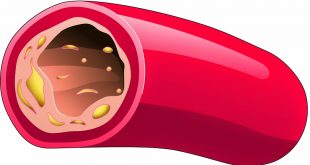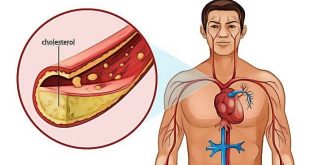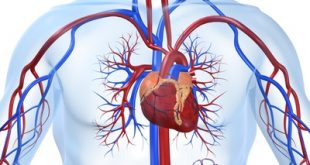Is it related?
These two problems; headache and hypertension are often encountered by both patients and doctors. The relationship between them is subject of much debate more than 100 years. Common sense would suggest causal relationship but research reveals otherwise. Recent large community based research in Norway have suggested no or even inverse relationship. The problem is that these diseases are unfortunately very common in the population and often coexist.
To make matters more confusing, a single patient may have different types of headaches. Secondly medications used for hypertension are also used to treat certain headaches like migraine. The debate rages on.
Back in 1988, the International Headache Society stated that mild to moderate hypertension is not a cause to headache.
Chronic headache can be generally divided into primary (most common) and secondary. Diagnosis rest on a meticulous history, not investigations. Despite spectacular symptoms, most headaches (about 90%) are not dangerous.
Primary Headaches
These are caused by pathology at the nerves within the brain. The following three syndromes account for about 90% of headaches.
- Migraine headache
- Many trigger factors. Common factors include stress (inadequate sleep, mental and physical), anxiety, medications (e.g. oral contraceptive), missing meals, trauma, menses and certain chemicals in food or drinks.
- Common symptoms include headache (dull, deep, throbbing, usually on one side), nausea and vomiting. Headache is worsened by bright light, straining, movement and physical activity. Further divided based on visual symptoms:
- With aura (zig zag lines, flashes, changes in colours. Less common numbness, tingling sensation and muscle weakness). Symptoms are reverse on resolution of migraines attack.
- Without aura
- Tension type headache
- Sensation of tightness usually involving both sides of the head. May be caused by tension of the muscles around head, neck and shoulders.
- Cluster headache
- Intermittent episodes of severe headache stretching weeks to months with periods of no symptoms in between. An attack last a few hours and recurs at the same time every day. Fortunately this type is uncommon.
Secondary Headaches
Caused by underlying structural or inflammatory pathology. These would include severe hypertension, tumors (within or outside of the central nervous system, complications of pregnancy (pre-eclampsia or eclampsia – discussed in another section) or strokes.
Severe hypertension CAN cause headaches. Please contact your nearest healthcare facility should you encounter the following symptoms.
- Rapidly worsening severe headache. “Worse headache of my life”, “thunderclap headache”.
- Severe headache with fever and neck stiffness.
- Fits, confusion, altered sensorium or loss of consciousness.
- First episode headache associated with weakness, numbness or visual symptoms.
Antihypertensive / Medication Associated Headache
Some medications used to treat hypertension can cause headaches in certain individuals. Common agents include calcium channel blockers (diltiazem, amlodipine, felodipine) and vasodilators (hydralazine).
Concomitant medications like nitrates (for heart disease) can also cause to headaches.
It is very important to examine the time relationship between starting the medications and onset of the headache to identify the cause.
References
- Bajwa, Z., & Wootton, J. (2012). Patient information: Headache causes and diagnosis in adults (beyond the basics). In J. Swanson & J. Dashe (Eds.),UpToDate. Wolters Kluwer.
- Friedman, D. (2002). Headache and hypertension: refuting the myth. J Neurol Neurosurg Psychiatry, (72), 431. Retrieved from http://jnnp.bmj.com/content/72/4/431.full
- Hagen K, Strovmer LJ, Vatten L, et al. Blood pressure and risk of headache: a prospective study of 22 685 adults in Norway. J Neurol Neurosurg Psychiatry 2002;72:463–6.
- Yeung, A. (2006). What is the connection between hypertension, headache and migraine?.Hypertension Canada, (87), 1. Retrieved from http://www.stacommunications.com/customcomm/…/June2006eng.pdf
| Last Reviewed | : | 2 March 2016 |
| Writer | : | Dr. Yoon Chee Kin |
| Translator | : | Dr. Yoon Chee Kin |
| Accreditor | : | Dr. Ainol Shareha Binti Sahar |
 PENDIDIKAN PESAKIT Kementerian Kesihatan Malaysia
PENDIDIKAN PESAKIT Kementerian Kesihatan Malaysia



